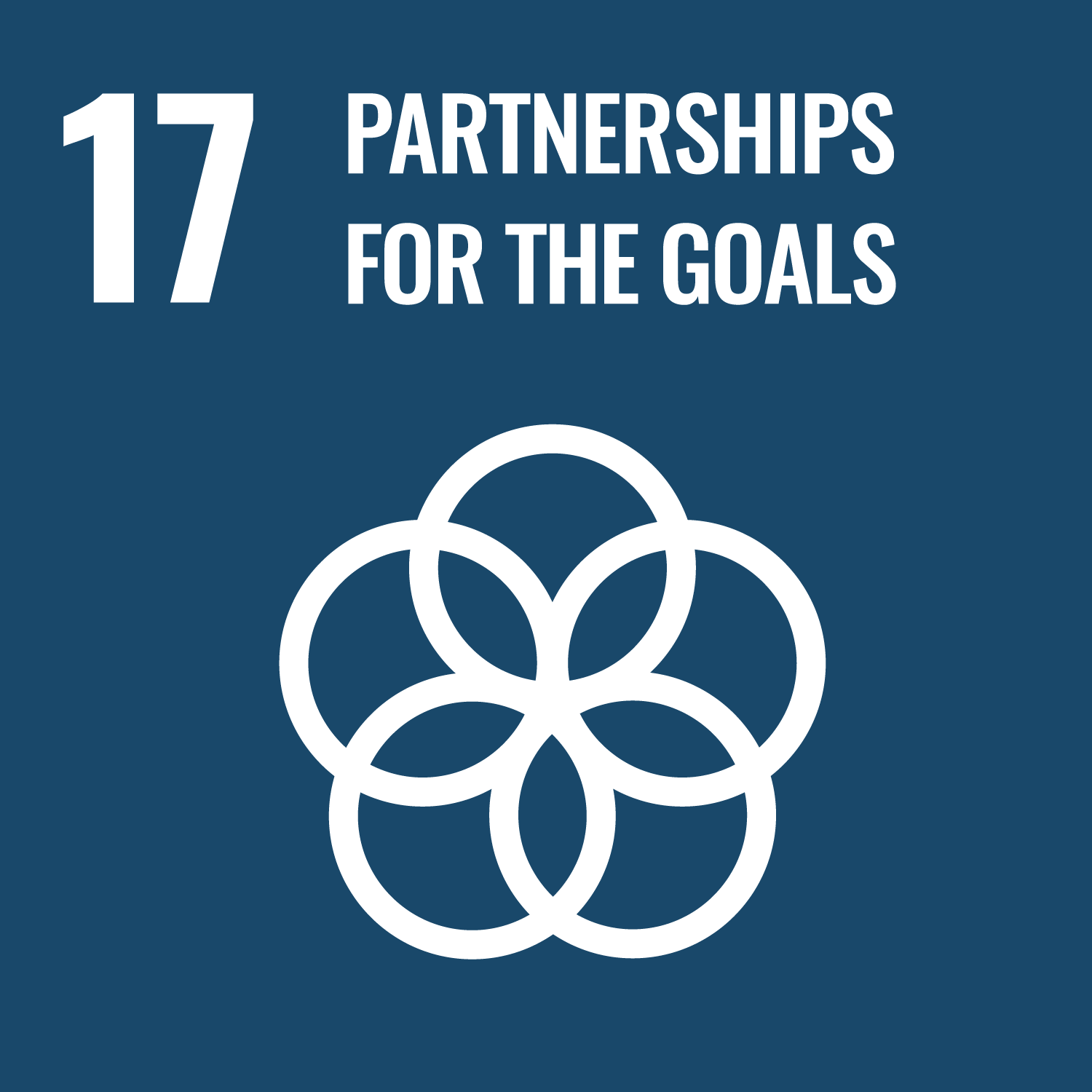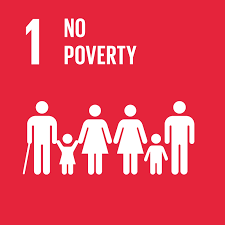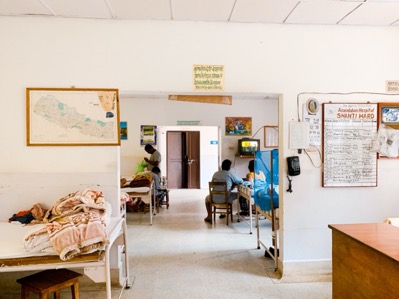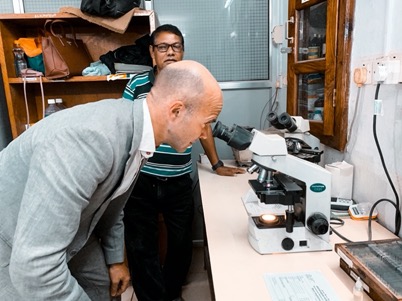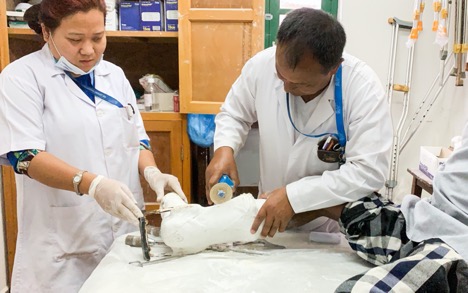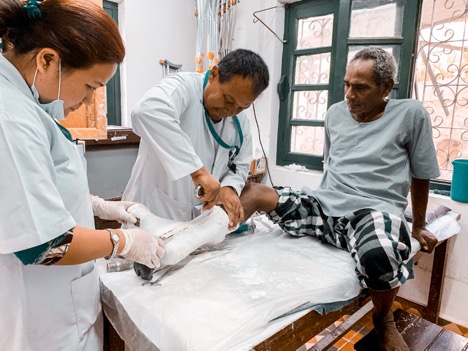Improvement in the Quality of Leprosy and Disability Services
Building the capacities of health personnel to secure improved health, living conditions and dignity for people affected by leprosy and disabilities
Challenges
Leprosy is a chronic infectious disease that leads to disability if left untreated. Nepal, Bangladesh and Myanmar are all affected by the disease and are regarded as leprosy priority countries by the World Health Organization (WHO). Disability is a challenge to public health, and social and rehabilitation services in all three countries. It is more than a mere physical dysfunction; it includes stigma, discrimination, activity limitations and social participation restrictions. Securing improved treatment, stopping discrimination, promoting inclusion of those affected by leprosy and disability in general, and building strong partnerships across borders to share knowledge are all key to address the challenge.
Towards a Solution
The ‘Improvement in the Quality of Leprosy and Disability Services’ project aims to improve the quality of leprosy and disability services in Nepal, Bangladesh and Myanmar. With support from the Norwegian Agency for Exchange Cooperation (Norec), the project strives to help people overcome the physical, social and psychological effects of leprosy and other disabilities. This is achieved through the exchange of skilled health personnel between the three countries.
The initiative seeks to achieve the following Sustainable Development Goals (SDGs): SDG 3 (Good health and well-being), SDG 10 (Reduced inequalities) and SDG 19 (Partnerships for the goals). More specifically, the project aims to promote the social inclusion of people with disabilities (target 10.2), implement capacity building in developing countries through South-South cooperation (target 17.9) and secure improved treatment of a communicable disease, namely leprosy (target 3.3).
The methodology used in this project is the mutual exchange of skilled health personnel within the framework of institutional cooperation between the three countries. Fifteen skilled health personnel, five from each country, including doctors, nurses and physiotherapists, are exchanged for a period of at least six months. Learning gained through such exchange is shared with the respective staff in each of the three countries. Learning outcomes from the project are also shared with national governments, civil society organizations and at international forums. Upon return to their home country and a respective affiliated organization, the health personnel have a period of two weeks to carry out follow-up work. This period helps ensure that the knowledge gained and skills acquired are further transferred to their own workplace. This increases the chances of organizational learning, and thus greater sustainability of results.
The project has been running for two years, and key results to date include a large increase in the percentage of people with disabilities accessing quality disability services. In the hospital, surgical camps, and outpatient clinics run by the organizations, there has been an increase of 17 percent in the number of persons with disabilities receiving needed assistive technologies and an increase of 48 percent in the number of people receiving reconstructive surgeries. In the communities, there has been increased social integration of people affected by leprosy and people with disabilities. Concrete skills learned through the project include but are not limited to: training in orthopedics and leprosy surgeries; electrotherapy management; and deeper knowledge on and skills in assessing the need for physiotherapy for people with disabilities. The health personnel have also contributed to developing several research proposals on stigma and social integration, which have been accepted in a conference.
Norec’s role in South-South cooperation is to facilitate planning for meetings, the carrying out mid-term project reviews, as well as partner training, preparatory courses, and debriefing health personnel prior to the exchange abroad. The concept of exchanging health personnel within the framework of institutional cooperation is a highly versatile model to upgrade skills, knowledge and capacity. Since 2001, Norec has supported the exchange of personnel in the health sector in a variety of developing countries. The methodology of exchange can easily be replicated in a variety of settings and is easy to scale up or down in response to the needs on the ground, thus making it a technically feasible solution.
The innovative aspects of the project are its completely horizontal design and focus on reciprocity. All three partners have been fully engaged in designing and implementing the project. All three partners contribute with respective strengths and learn from each other. The organizations report that they have been able to identify the best practices that can be applied to the various countries’ contexts. A joint sense of ownership and actions is the result of joint planning and implementation of the project. The recognition of the value of all stakeholders’ knowledge creates greater ownership, participation and sustainability in the project. It also builds the organizations’ confidence and competence.
Contact Information
Mr Helge Espe, Senior Adviser, Norwegian Agency for Exchange Cooperation (Norec) | Ms Marit Bakken, Director of Programmes, Norec
Countries involved
Bangladesh, Myanmar, Nepal, Norway
Implementing Entities
Leprosy Mission International Bangladesh, Leprosy Mission Myanmar, Leprosy Mission Nepal
Project Status
Completed
Project Period
2/2018 - 3/2021
URL of the practice
www.norec.no/prosjekt/improving-quality-of-leprosy-and-disability-services/Primary SDG
03 - Good Health and Well-being
Secondary SDGs
10 - Reduced Inequalities, 17 - Partnerships for the Goals
Primary SDG Targets
3.3Similar Solutions

